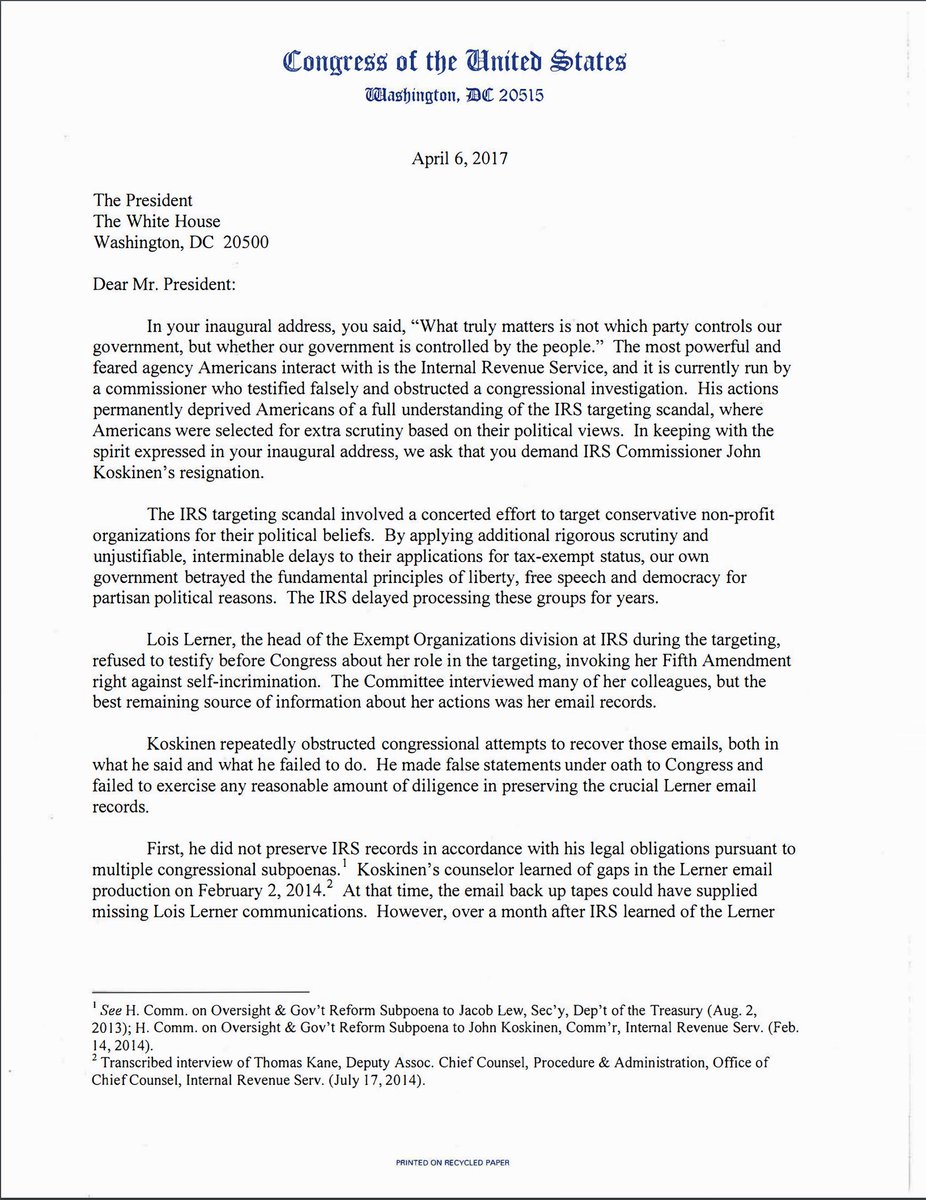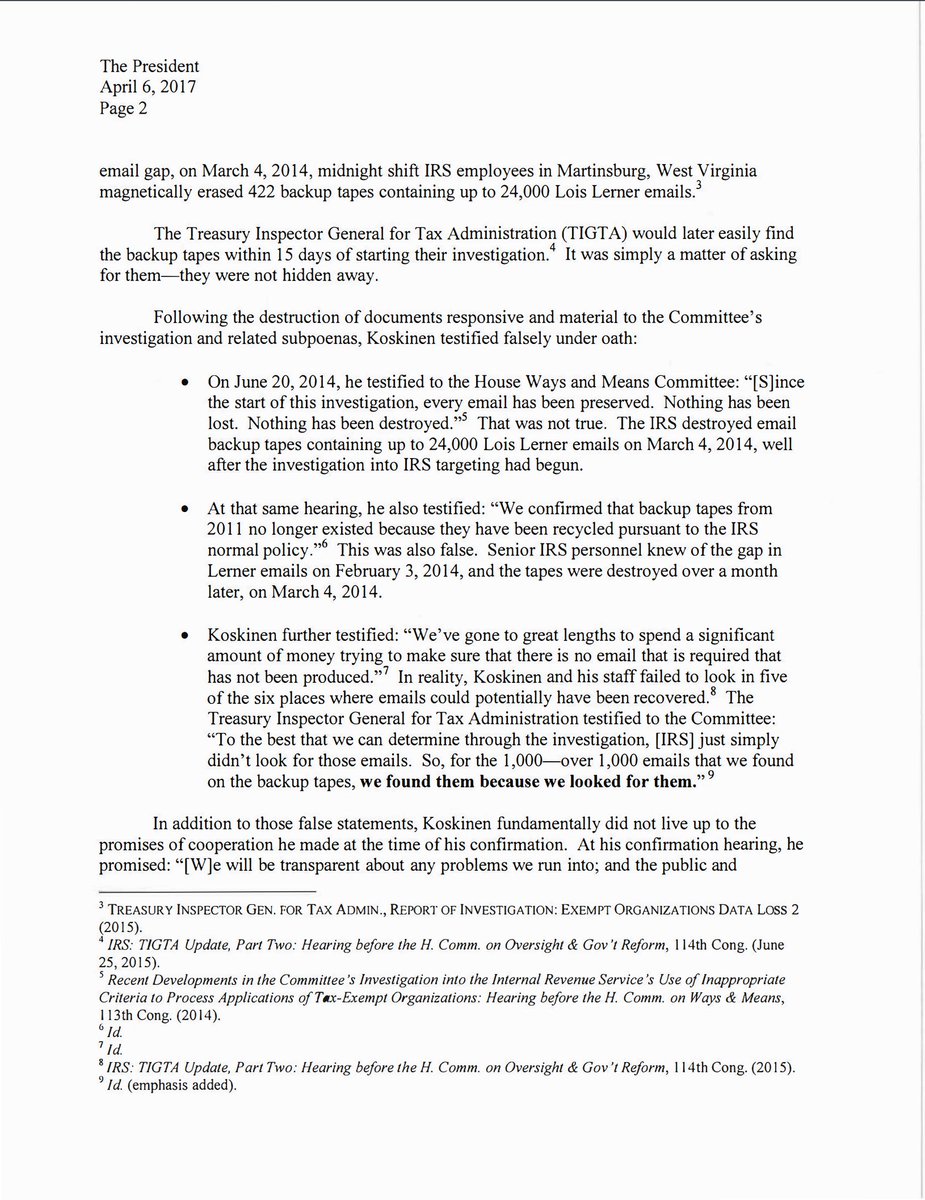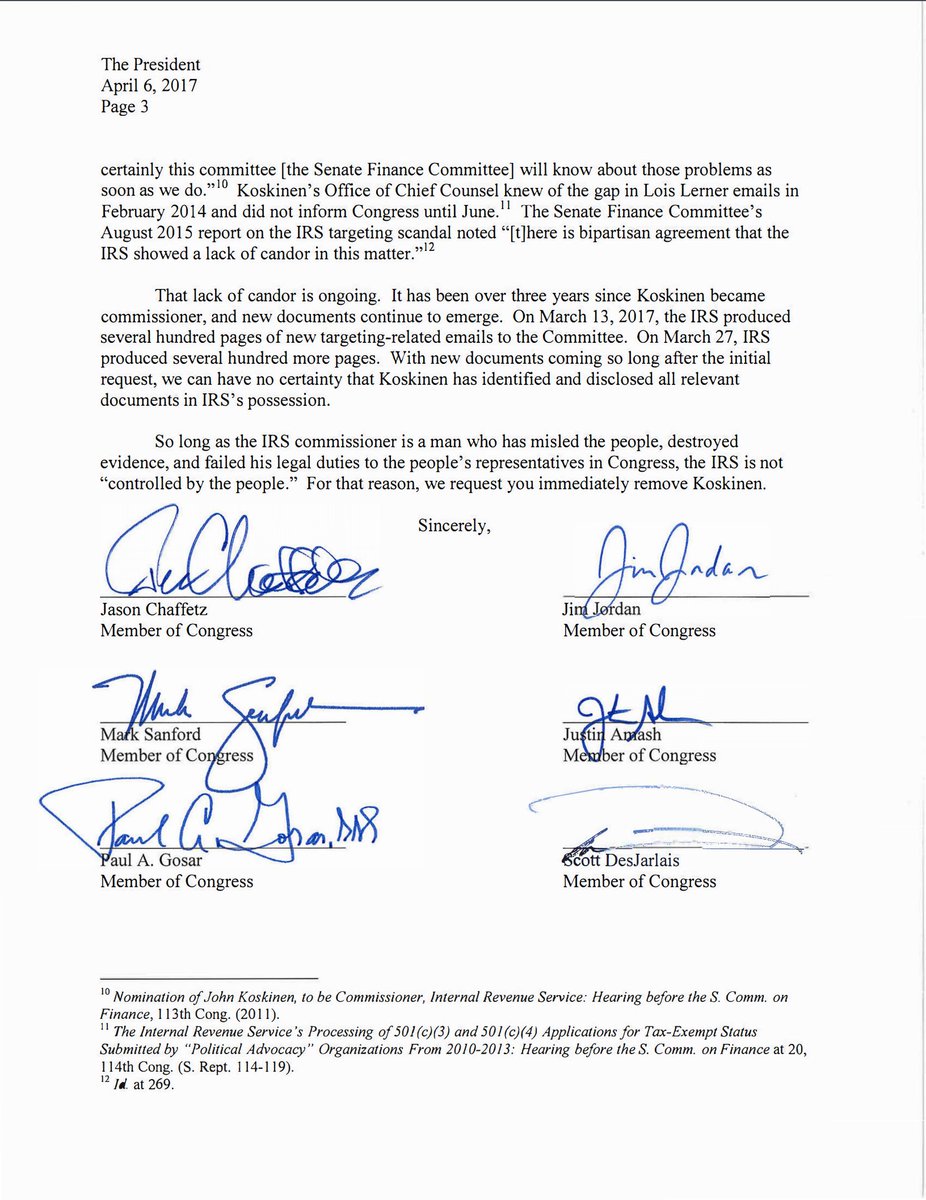All domestic news media has been blaming the Russians for cyber election intrusion. Conservative outlets have pushed back asking for evidence. There are investigations on The Hill regarding Russian interference and the House Intelligence Committee, chaired by Devin Nunes has seen the documents and share them with the White House. The committee co-chair Adam Schiff was angry he was not read on early enough. A big political conflict has occurred and Nunes recused himself from the specific committee investigation regarding Russia as Nunes remains chairman of the committee.
Okay so what you ask?
Well we want to blame the FBI, Comey and ODNI, Clapper for not being more forthcoming on the matter. Slow down everyone, as cyber investigations are international in scope and it takes a mobilized set of experts and agencies and international collaboration to make attribution by using exceptional tools, cyber talent and agreements. So….what does all this mean? It means the lid could soon blow off this whole operation.
You see, there was malware, phishing and countless botnet systems that were part of the U.S. election interference as we saw with the DNC hack and the John Podesta emails via WikiLeaks. There are countless moving parts and they are international. It is gratifying to know however, not only is government part of the investigation, but outside cyber corporations are doing their own due diligence and offering additional clues, evidence and assistance to the FBI. How so you ask?
From Krebs on Security: Then, on Jan. 26. 2012, I ran a story featuring a trail of evidence suggesting a possible identity of “Severa“ (a.k.a. “Peter Severa”), another SpamIt affiliate who is widely considered the author of the Waledac botnet (and likely the Storm Worm). In that story, I included several screen shots of Severa chatting on Spamdot.biz, an extremely secretive Russian forum dedicated to those involved in the spam business. In one of the screen shots, Severa laments the arrest of Alan Ralsky, a convicted American spam kingpin who specialized in stock spam and who — according to the U.S. Justice Department – was partnered with Severa. Anti-spam activists at Spamhaus.org maintain that Peter Severa’s real name is Peter Levashov (although the evidence I gathered also turned up another name, Viktor Sergeevich Ivashov). Read more here, it is fascinating and well done.
*** No wonder attribution takes a very long time right? Yes so read on please…..
Programmer Pyotr Levashov reportedly suspected in US election hacking arrested
Madrid: A Russian computer programmer, Pyotr Levashov, has been arrested in the Spanish city of Barcelona, a spokesman for the Russian embassy in Madrid said on Sunday.
It was unclear why Levashov was arrested. The embassy spokesman declined to give details for his arrest, and Spanish police and the interior ministry were not available for comment on Sunday.
Russian television station RT reported that Levashov was arrested under a US international arrest warrant and was suspected of being involved in hacking attacks linked to alleged interference in last year’s US election.
Peter Carr, a spokesman for the US Justice Department’s criminal division, said: “The US case remains under seal, so we have no information to provide at this time.”
The criminal division is separate from the national security division, which is responsible for investigating state-sponsored cyber crimes.
A US Department of Justice official said it was a criminal matter without an apparent national security connection.
Spanish authorities notified the Russian embassy of Levashov’s arrest on Friday, the embassy spokesman said.
In January, Spanish police arrested another Russian computer programmer, whose name was given as “Lisov” and who was wanted by the United States for leading a financial fraud network.
Russia’s embassy in Madrid. Photo: Wikimedia/Luis García (Zaqarbal)
The US government has formally accused Russia of hacking Democratic Party emails to help the campaign of Republican President Donald Trump. The US Congress is also examining links between Russia and Trump during the election campaign.
Russian officials, including President Vladimir Putin, have repeatedly denied that Russia tried to influence the election.
Reuters
Related reading: Spain arrests Russian bank-account hacker wanted by FBI
January 2017: Spain has arrested a 32-year-old Russian computer programmer at Barcelona airport who is alleged to have designed and used software to steal bank account details from banks and individuals, Spanish police said on Friday.
Working with the U.S. Federal Bureau of Investigation (FBI), the man, named Lisov, was arrested by Spanish police on Jan. 13 as he waited to take a flight to another European country. He is suspected of leading a financial fraud network, the police said in a statement.
Lisov, wanted by the United States under an international arrest warrant, had been under observation by authorities for several days in the north-eastern region of Catalonia, police said. Police did not give the man’s first name. More here.
Related reading: Russian FSB Officers Charged in Yahoo Hack and More
Tip sheet on above:
ALEXSEY BELAN
Conspiring to Commit Computer Fraud and Abuse; Accessing a Computer Without Authorization for the Purpose of Commercial Advantage and Private Financial Gain; Damaging a Computer Through the Transmission of Code and Commands; Economic Espionage; Theft of Trade Secrets; Access Device Fraud; Aggravated Identity Theft; Wire Fraud
Seems we need to be more patient when it comes to the FBI and associated international agencies…eh?







 VOA
VOA